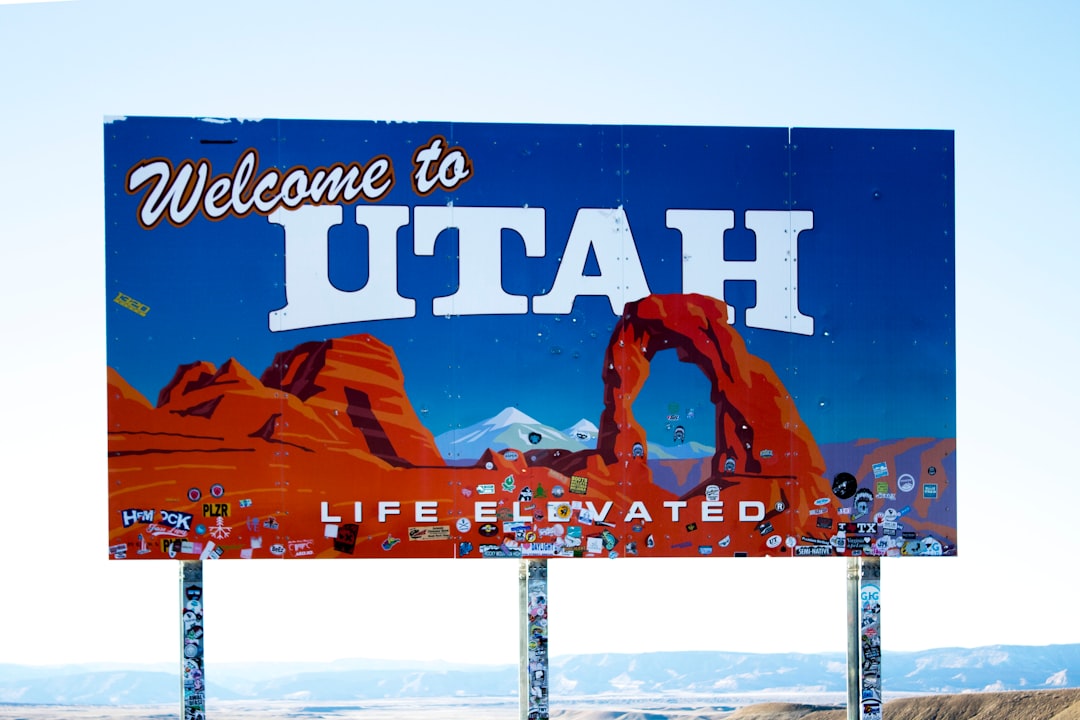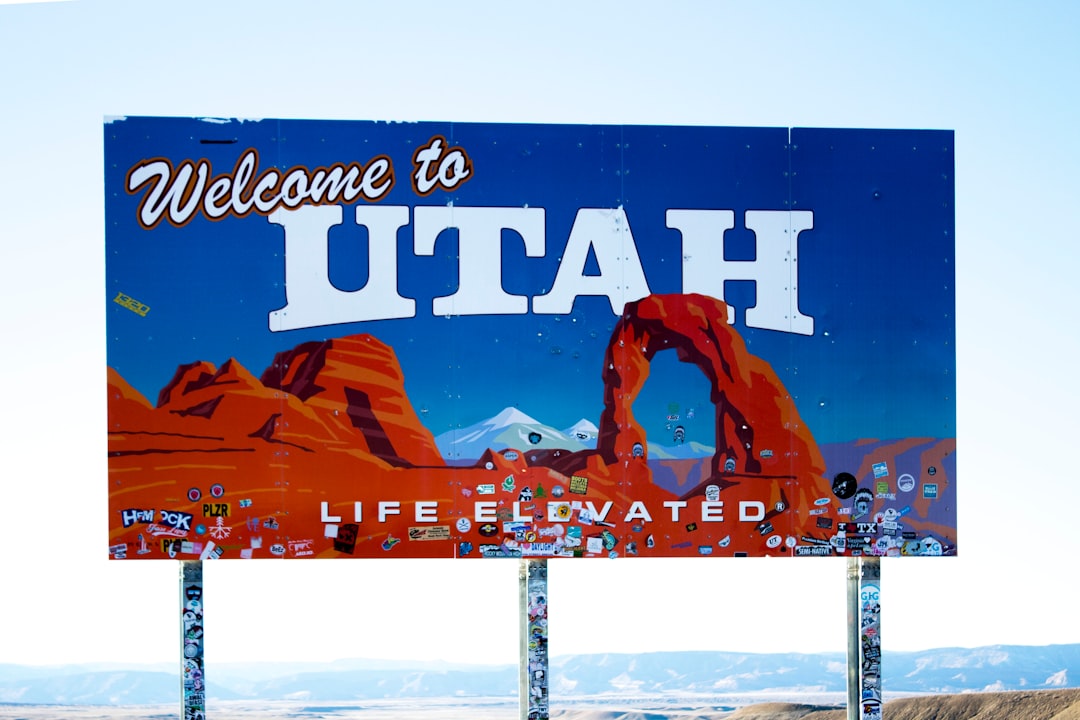Robocalls have become a pervasive issue in the real estate market, with agents in Utah facing an increasing number of automated calls from law firms and other sources. This article delves into the impact of robocalls on the industry, exploring legal perspectives under Utah laws, strategies for handling unwanted calls, and the role technology plays in blocking and identifying them. Additionally, it offers best practices for real estate agents to effectively navigate these challenges, ensuring compliance and minimizing disruption from robocall lawyers in Utah.
Understanding Robocalls and Their Impact on Real Estate

Robocalls, automated phone calls that deliver pre-recorded messages, have become a ubiquitous part of modern communication. In the real estate market, these calls take on new significance, particularly as they often involve robocall lawyers Utah residents are increasingly relying on for legal advice and representation. While they can be an effective marketing tool when used responsibly, robocalls have also been known to cause significant disruptions and distress among prospective buyers and sellers.
The impact of robocalls extends beyond mere annoyance. In the competitive Utah real estate market, these automated messages can distort communication lines, making it harder for agents to connect authentically with clients. Moreover, they may contribute to a sense of distrust and confusion, especially when the content of the calls is misrepresented or misleading. Understanding the nuances of robocalls and their potential consequences is crucial for Utah real estate agents who aim to navigate this evolving landscape effectively and maintain strong client relationships.
Legal Perspective: Are Robocalls Allowed in Utah?

In Utah, the legality of robocalls is regulated by the Telephone Consumer Protection Act (TCPA), which restricts the use of automated dialing systems and prerecorded messages for telemarketing purposes. While TCPA allows certain exceptions, such as for political campaigns, non-profit organizations, and in specific cases with prior express consent from the recipient, real estate agents must navigate these regulations carefully when considering robocalls as a marketing tool.
Robocall lawyers Utah specialize in interpreting and enforcing these laws to ensure businesses, including real estate agencies, comply with TCPA. Engaging such legal experts can help agents understand their rights and responsibilities, minimizing the risk of costly lawsuits or penalties associated with unauthorized robocalls. Staying informed about these legal considerations is vital for Utah real estate professionals aiming to leverage modern marketing techniques while adhering to relevant regulations.
Strategies for Handling Unwanted Robocalls from Law Firms

Robocalls from law firms can be a nuisance for real estate agents in Utah, but there are effective strategies to handle them. The first step is to understand that these automated calls are often generated through specialized software, making it easier to block them at the source. Real estate professionals can start by adjusting their settings on caller ID filters to automatically dismiss unknown or suspicious numbers. Many modern phone systems allow for customized blocking lists, ensuring that robocalls from law firms and other unwanted callers are silently directed to voicemail or blocked outright.
Additionally, agents should consider registering with “Do Not Call” registries specific to Utah. While these may not stop all robocalls, they significantly reduce their frequency. Informing potential callers that you have registered under such initiatives can also act as a deterrent. For persistent issues, real estate agents can directly contact the law firms making the calls and request them to remove their numbers from their calling lists. Firmly but politely asserting your right to privacy is often effective in curtailing unwanted robocalls from robocall lawyers Utah.
The Role of Technology in Blocking and Identifying Robocalls

In today’s digital era, technology plays a pivotal role in combating robocalls, which have become a growing nuisance for real estate agents and their clients in Utah. Robocall blocking software has emerged as a powerful tool to identify and prevent automated calls, offering a sense of relief for agents tired of interruptions. These advanced systems utilize sophisticated algorithms to analyze call patterns and detect robocalls with impressive accuracy. By filtering out unwanted calls, real estate professionals can focus on genuine leads, enhancing their efficiency.
Additionally, technology provides means to identify the sources of these automated messages. Advanced tracking tools enable Utah-based agents to trace robocall lawyers, who often use such tactics for mass marketing. This information empowers agents to take proactive measures, blocking specific numbers or even reporting abusive calls to relevant authorities. With the right technological support, real estate professionals can navigate this modern challenge and ensure a smoother communication experience for their customers.
Best Practices for Real Estate Agents to Navigate Robocall Challenges

Robocalls have become a ubiquitous nuisance, especially in the real estate market. For Utah agents, navigating these automated calls can be challenging but there are best practices to minimize their impact. First, educate your clients about robocall laws and rights; many states, including Utah, have regulations in place to protect consumers from unwanted calls, with penalties for violators. Encourage clients to register with the National Do Not Call Registry, which automatically blocks most robocalls.
Additionally, implement robust call screening protocols at your office. Train staff to handle incoming calls professionally and assertively, either declining or redirecting suspected robocalls. Consider employing call-blocking software designed for businesses that can filter out automated calls. Collaborate with Utah robocall lawyers or legal experts who specialize in consumer protection laws to stay updated on regulations and best practices, ensuring your agency operates within legal boundaries while protecting your clients from these intrusive calls.






